Barry Sauder, CLA ’18, took a risk leaving his small town for a big city and university, but the educational foundation and life experiences he gained set him on the path to an exciting career immediately after graduation.
He made the decision knowing it was a risk. What if the big city was overwhelming? What if he wasn’t able to get through four years of college?
As it turned out, he never had to find the answers to those questions. Sauder, who grew up in rural Lancaster, Pa., made the most of Philadelphia. He took advantage of exciting internship opportunities that wouldn’t have been available outside of a major metropolitan area. The criminal justice major also made the most of Temple University’s College of Liberal Arts (CLA). He got through four years of school, learned how wide-ranging the field of criminal justice is and got help preparing for his career from his professors and Professional Development advisors.
Now he’s in the middle of taking another risk, working a job for the United States Secret Service in Washington, D.C. that he landed just two months after graduation. If he approaches his new job and new city anything like he did CLA and Philly, he’ll likely end up with an exemplary career.
“Growing up in the middle of Pennsylvania and then going to school in Philly and moving down to D.C., it's definitely worth the risk,” says Sauder.
One of the biggest things that helped him land where he is today was his commitment to taking on internships that exposed him to a variety of different potential career tracks. He worked at the United States Customs House, Philadelphia’s Office of the District Attorney, the U.S. Marshals Service and at Homeland Security. The internships taught him about the dangers of the Dark Web; let him experience airport seizures firsthand; had him working on crime cases affecting juveniles; and even put him in a position to help out the families of homicide victims.
“It’s definitely worth the risk”
Each internship taught Sauder something new and interesting, including showing him what didn’t feel fulfilling. That’s a worthwhile experience that helps students home in on what they do want to do, something Sauder found in his U.S. Marshals internship.
“They brought me out on search warrants and let me do a little bit of social media investigations and stuff,” he recalls. “And I was like, ‘Yes, this is what I want to do. I want to be a cop.’”
While reading about criminal activity and crime fighting in the classroom helped Sauder build a foundational understanding of criminal justice, it was getting out in the field that taught him what that world is really like. The adrenaline rush he felt performing investigations (and a lack thereof at the D.A.’s office) altered Sauder’s original plan of becoming a lawyer and pointed him in a direction that made more sense for him.
Having gone through those experiences, Sauder now thinks all criminal justice students should take an internship in every corner of the criminal justice field: social services, pre-trial services, courtroom clerking and law enforcement.
“When you get out and you actually see what's going on,” he says, “or you get a job in law enforcement and you learn and go through the training and you see what it takes to get into these departments and these agencies.”
The classroom taught Sauder about theories like broken window policing and routine activity, but he believes the real-world internships experiences taught him how to “be a rock and a foundation for the general public.”
To turn that understanding and those experiences into a career, however, he had to learn how to market himself. Professional Development taught him how to build a resume, how to network with other professionals and how to pitch himself in an interview.
“Yes, this is what I want to do. I want to be a cop”
That knowhow helped him land the Secret Service job so quickly after graduation. The training for it was mentally, physically, academically and socially challenging, but Sauder says “college definitely prepares you for those challenges.” Good thing, too, because he couldn’t even have imagined them before coming to Temple.
“If you walked up to 18-year-old Barry, and you were like, ‘I want to let you know that in four years you're going to be working for the Secret Service, you're going to live in D.C.’ I would’ve been like, ‘You're freaking nuts. Yeah, OK.’ But, it is a reality.”
But with all the work Sauder put in at CLA, it’s now not at all crazy that he’s in a job he calls “great” and “very rewarding.” In fact, it’s not even risky.

